On November 10th (Reporter Zhu Guan’an), the Beijing Economic and Technological Development Zone (Beijing Yizhuang) held the final of the first China (International) Robot Debate Competition on November 9th. The competition filled the gap in domestic robot “intelligent thinking” competitions, promoted the deep exploration of artificial intelligence technology in the fields of natural language processing, logical reasoning, and emotional interaction, built a robot technology exchange platform, and explored the rich possibilities of human-machine collaboration.
Will robots rule over humans? “From the group stage of the final to the finals, the humanoid robots of Hubei University team and the half body bionic robots of Songyan Power – Xiaonuo team engaged in a fierce battle around this topic. Faced with the side’s extensive references, the opposing side seized on logical loopholes. One side used metaphors to resonate, while the other side responded with” someone invented the lock, someone invented the key “. Both sides alternated between offense and defense.
The final adopts a “machine to machine confrontation” approach, where each team’s robot debaters engage in independent debates. Previously, the preliminary round focused on human-machine collaboration, with our team’s natural person debaters and robot debaters competing together; In the semi-finals, cross team “man-machine battles” will be held, where robot debaters will have to confront non team human debaters. As the difficulty of the competition gradually increases, the viewing experience also improves, ultimately allowing people to see the pure competition of artificial intelligence. Correspondingly, the judges do not use the outcome of the debate as a yardstick, but score the robots based on five dimensions: logic, language expression, multimodal interaction, skill display, and on-site adaptability. This is a comprehensive test of robot model training and hardware equipment debugging.
In the end, Songyan Power Xiaonuo team won the championship, Hubei University team won the runner up, Songyan Power Songmeimei team won the third place, and Hebei University Xiaohe team, Sixi debate team, Renkai Jinpeng team, Together Accelerating Evolution team, and Super American debate team won the Outstanding Performance Award.
Zhao Yunze, Chairman of the Artificial Intelligence and Communication Professional Committee of the China Technology Market Association, stated that holding a robot debate competition is itself a scientific experiment. This will greatly promote the development of artificial intelligence technology, optimize large-scale model algorithms, and promote the deep integration of artificial intelligence with humanities and social sciences, as well as the further development of human-computer interaction technology in practical scenarios. In addition, the confrontation exercise between carbon based thinking and silicon-based thinking will also become a long-term research hotspot, and the competition will explore the boundaries of our human thinking, “said Zhao Yunze.
The relevant person in charge of Beijing Economic and Technological Development Zone introduced that “at the technical level, we provide a technology verification platform for the industry, hoping to use robot debate competitions to force big models to advance from ‘generating content’ to ‘deep thinking’, accelerate the iteration of human-machine interaction core technologies such as semantic understanding and logical reasoning of big models. At the level of industry education integration, the competition attracts middle schools, universities and enterprises to participate, and school enterprise cooperation promotes the organic connection between the education chain, talent chain and innovation chain, providing a practical carrier for building a collaborative ecosystem between industry, academia and research. At the industrial level, the competition not only opens up new formats and scenarios for the landing of robot applications, but also allows more universities and enterprises to see the innovative ecosystem of the robot industry in the area. Participating teams can rely on the Beijing Yizhuang Open Source Platform to carry out secondary development, accelerate the transformation of technological achievements into industrial landing, promote the linkage of the upstream and downstream of the industrial chain, and further expand the scale of the robot industry. ”
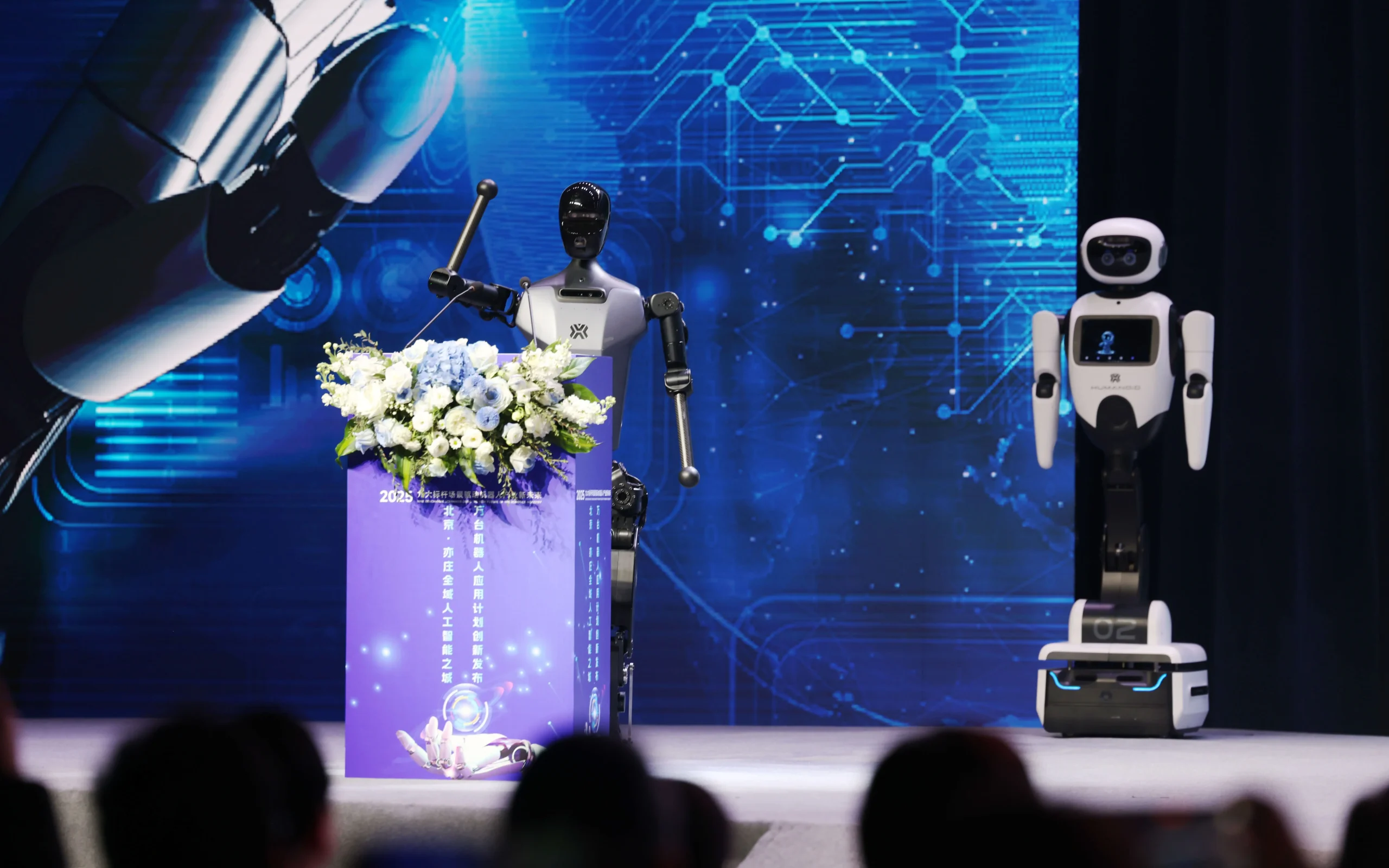




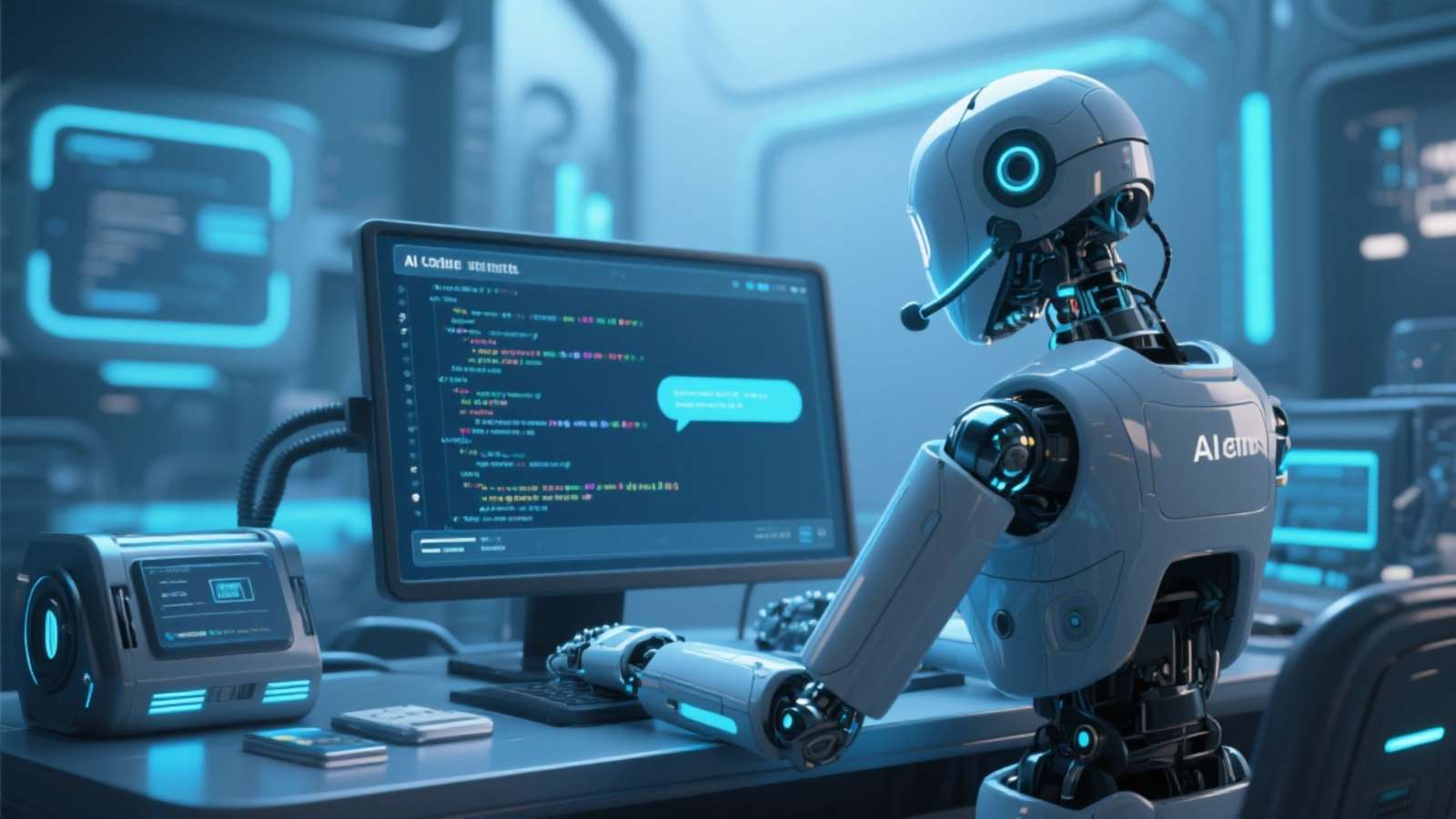




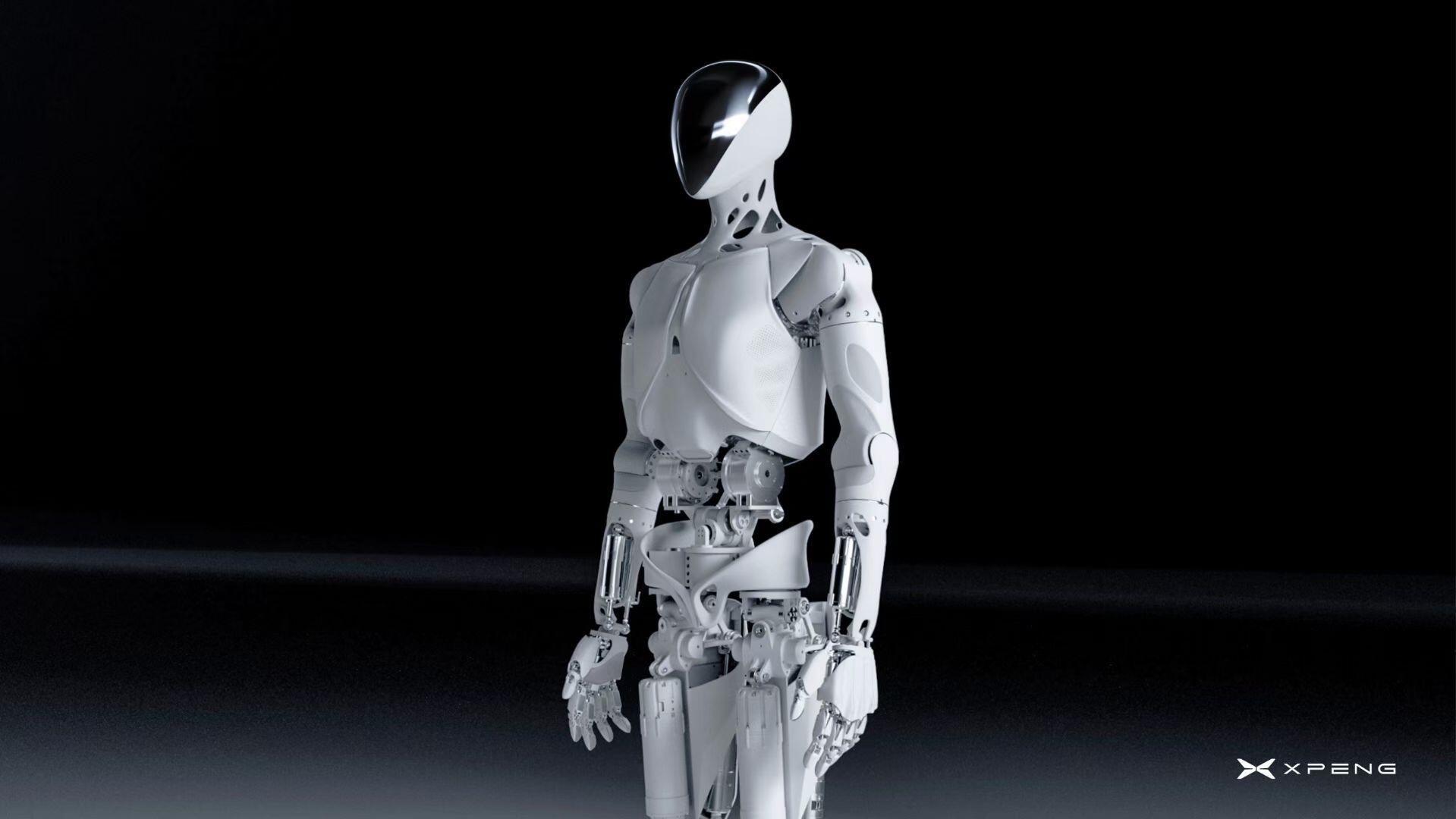

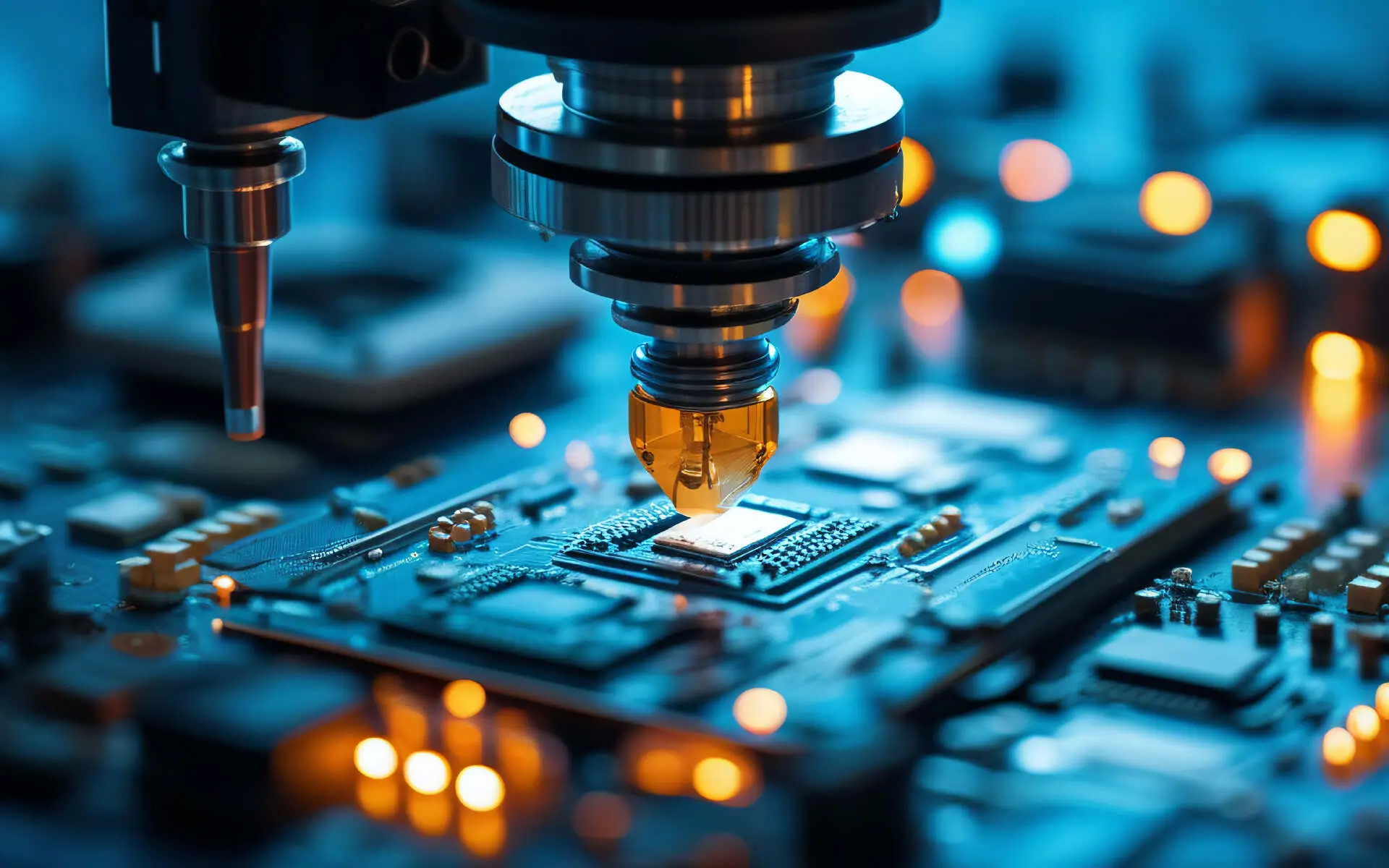



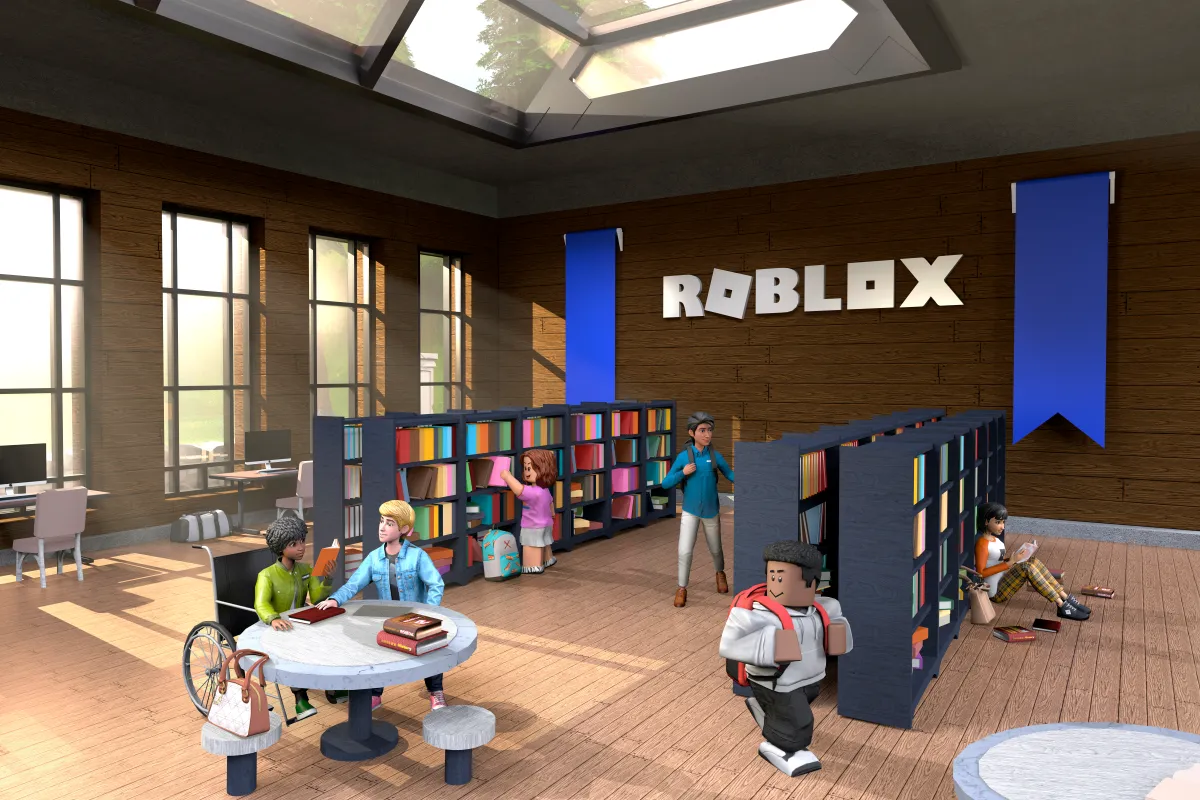
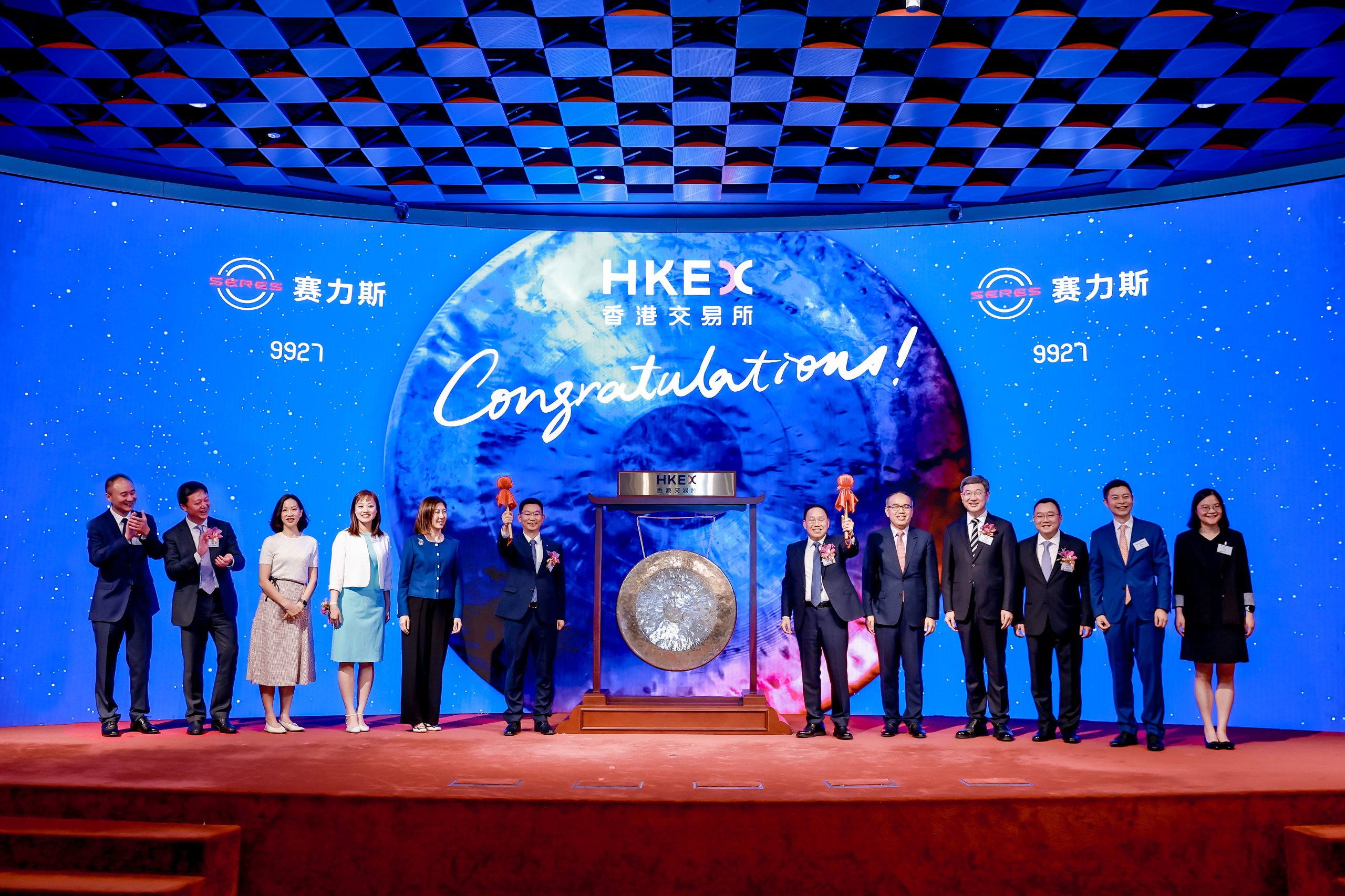


暂无评论内容